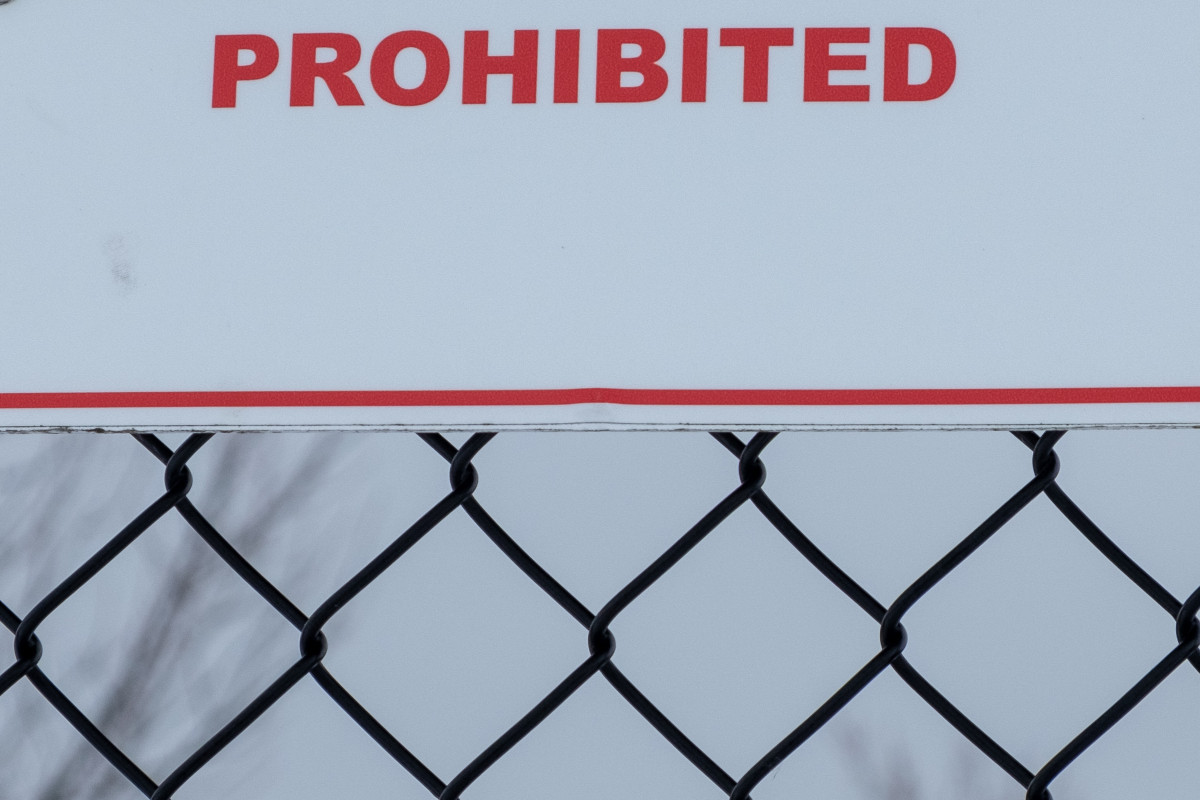Deportations: New role for Frontex as EU pushes for more “voluntary” returns
Topic
Country/Region
13 January 2025
A special report by Hope Barker and Anas Ambri: The EU has been funding new accelerated asylum and deportation procedures in Bulgaria, including a new "assisted voluntary return" project. Increasing "voluntary" returns is a key part of the plan to increase deportations from the EU, with Frontex playing an increasing role. The project targets individuals in detention. Experts question whether such procedures can ever be truly voluntary.
Support our work: become a Friend of Statewatch from as little as £1/€1 per month.
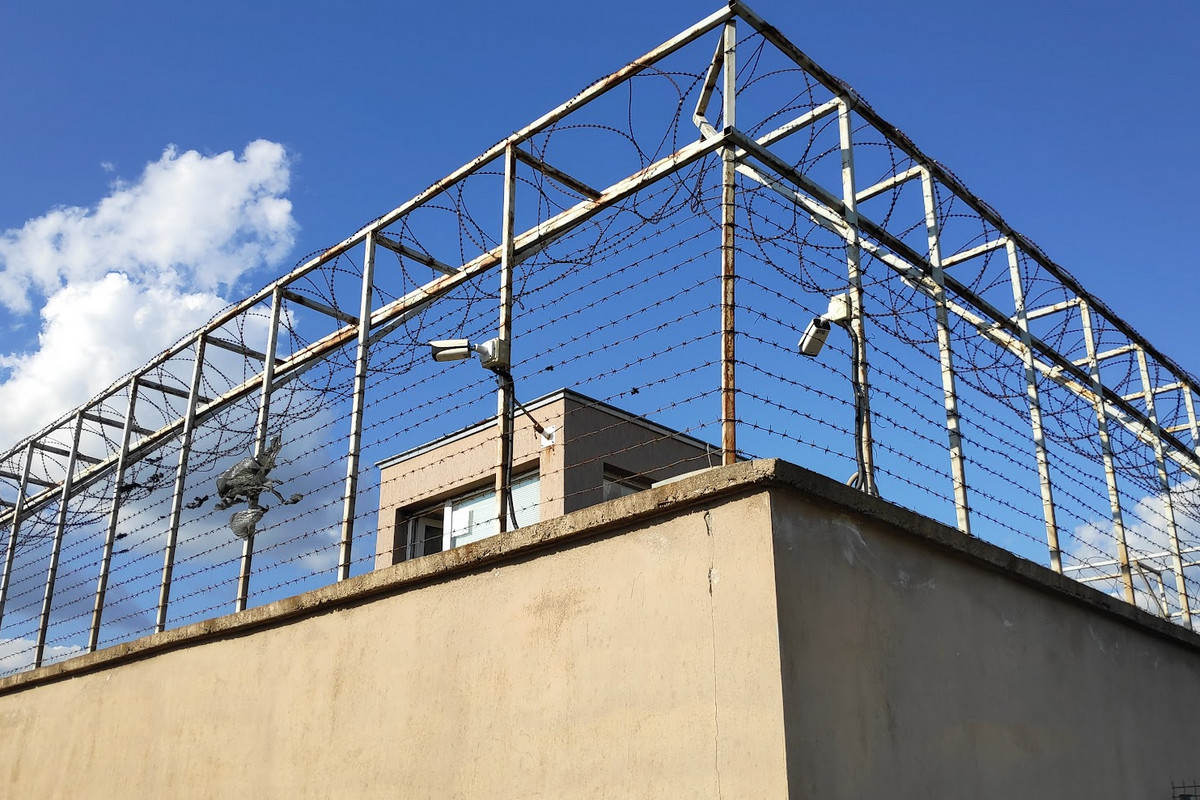 Lyubimets detention centre, as seen in May 2023.
Lyubimets detention centre, as seen in May 2023.
In August 2023, Bulgarian and European Commission (EC) officials met to discuss a “targeted assisted voluntary return project” as part of the Commission’s Pilot Project in the country.
The “Pilot Project for fast asylum and returns procedures” had been launched in Bulgaria and Romania a few months prior to create “ad hoc solutions” to some of the issues preventing the two countries from finalising their accession to the Schengen area.
Some of these "solutions" included the continuation of pushbacks against people on the move. Balkan Insight revealed the widespread – if not systematic – pushbacks at the EU’s eastern and south-eastern borders in February last year.
Another "solution" was the implementation of "an updated AVR [Assisted Voluntary Return] programme in Bulgaria, with the deployment of additional Frontex return counsellors and technical assistance from the Commission," according to a document obtained by Statewatch through an access to documents request.
What are “assisted voluntary returns”?
Voluntary returns are repatriations of non-EU citizens to their country of origin “based on a free and informed choice.” They differ from mandatory returns (when a deportation decision has been issued) and from forced returns (when individuals are deported by force).
The “assisted” component in AVR usually comes in the form of financial and logistical support to individuals. The International Organisation for Migration (IOM), an arm of the United Nations, has historically been in charge of implementing such programmes in Bulgaria.
EU-funded AVR programme in Bulgaria
Shortly after the March 2023 technical mission, the EC announced the launch of a new AVR programme in the country for early 2024, to be supported under the Asylum, Migration and Integration Fund (AMIF).
This new AVR programme increased the incentives and reintegration assistance to beneficiaries. The cash incentive, usually handed to individuals shortly before they depart, was increased from €150 to a maximum of €900.
Reintegration assistance – in-kind contribution to support an individual’s reintegration after their return – was also increased from €1,000 to a maximum of EUR 3,000, and for families from €2,000 to a maximum of €7,000.
"In the few cases when European countries offer them reintegration assistance, it works as a tool to convince people to self-deport, is limited in amount and is Eurocentric in its conceptualisation."
Read more about Frontex's increasing role in reintegration policy in Outsourcing Borders
Frontex’s involvement reflects an expansion of its mandate across the bloc. In 2019, a new Regulation gave the agency new powers, including in deportations.
In April 2021, the European Commission released its first EU-wide strategy on voluntary return and reintegration which cemented the role of Frontex as “the operational arm of the common EU system of returns.”
One lesser-examined aspect of Frontex’ role in the EU’s new deportation system has been its takeover of return counselling services for individuals subject to deportation orders or in detention.
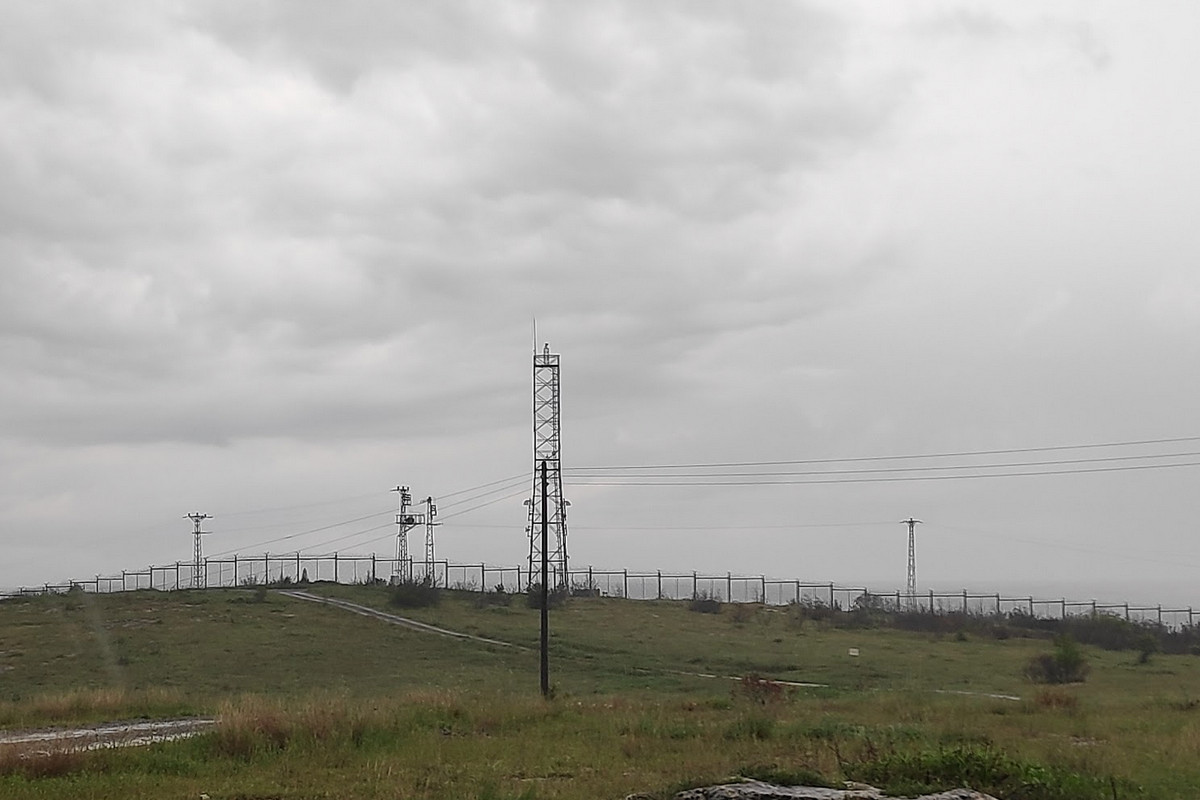
Bulgaria-Turkey Border Fence, as seen in May 2023.
Frontex’s takeover of return counselling
Return counselling is the provision of information to people on the move on the available options for them returning to their country of origin or residence.
Depending on the circumstances of the individual, this can include information on the “obligation to leave the country and the consequences of not leaving,” and encouragement of “(assisted) voluntary return.” Advocates of the practice claim that it can be used as a way to “prioritise clarity, individual rights and agency, and honesty.”
In January 2022, Frontex introduced return counselling as a job profile within its Standing Corps of border guards. Those taking up the role are trained using a curriculum developed with the Vienna-based International Centre for Migration Policy Development, as part of the latter’s CADRE project.
In 2023, Frontex deployed four return counsellors to Bulgaria, where they conducted 1,547 counselling sessions, according to an agency spokesperson. The vast majority of these sessions (1,382, or 89%) were conducted between May and September as part of the Pilot Project.
At least one of these return counsellors was deployed inside the Bulgaria’s Lyubimets detention centre, according to a November 2023 fact-finding mission report from the European Commission.
Lyubimets is a closed pre-removal centre for individuals who have received a deportation order, or who are considered to be a security risk. Under Bulgarian law, individuals can be kept in detention for up to 18 months if a mandatory removal order is issued against them.
According to a European Commission document from 2023, Lyubimets "is comprised of a building and container complex that can house families and single men amounting to a total capacity of 1892 places," though an inspection by the Bulgarian ombudsman in July of that year put the capacity at 660.
Based on an interview given by one of Frontex’ return counsellors deployed in Bulgaria in 2023, most of the counselling was offered to individuals who recently arrived in the country.
Rights and missing safeguards in return counselling
Valentin Feneberg, Research Associate at the Institute of Political Science at Leuphana University in Germany, told Statewatch: “If Frontex is tasked with providing this counselling immediately upon arrival, it is essential that individuals have guaranteed access to independent legal advisors, as well as a clear and comprehensive understanding of their rights, including the right to seek asylum.”
However, access to legal aid is difficult in the Lyubimets centre, as the Bulgarian Helsinki Committee is the only NGO that is able to regularly visit.
Feneberg, who studies the unintended consequences of AVR programmes, said that “independent monitoring by human rights organisations to guarantee fairness and transparency” would also be needed.
“While I find it difficult to see how Frontex’s Return Counselling could become the sole form of counselling available to rejected asylum seekers, if this were to happen, these safeguards would need to be significantly strengthened to protect individuals’ rights,” he told Statewatch.
Given the absence of such safeguards, many suspect that the true purpose of return counselling activities inside the detention camps has little to do with encouraging free and informed choices.
Your support makes it possible for us to monitor the implementation of the EU's Pact on Migration and Asylum
Not-so-voluntary returns
In May 2021, Statewatch revealed how the European Commission wanted to use detention to “increase the uptake of voluntary returns at early stages of the return process.”
In the view of Reinhard Schweitzer, Research Professor on Migration at Universitat Abat Oliba CEU in Barcelona, there is nothing voluntary about returns conducted from within detention.
“Assuming that there is something that we can call voluntariness, it would have at least three elements. The most obvious is the absence of coercion… The decision [to return] must also be based on information that is unbiased and can be relied on, that is trusted, which is a very subjective element, and that is objective, in the sense that it does not just portray the possibilities that are made available by the government. This is linked to the third element: availability of acceptable alternatives,” Schweitzer explained.
In June 2022, Schweitzer published a study into how the exclusion of civil society from voluntary returns programmes negatively impacted the “voluntariness” of the returns conducted in two different countries, including his native Austria. In his view, it is clear that Frontex’ involvement would have a similar effect.
“Voluntary” returns: Fortress Europe’s new frontier
With the new Commission finally voted in, it's clear that deportations remain a top priority.
The new Commissioner for Internal Affairs and Migration, Magnus Brunner, has committed to drafting a new deportation law in the first 100 days of his mandate, at the behest of several Members of the European Parliament as well as EU member states.
Rumours suggest that the file, designed to replace the 2008 Returns Directive, will be a Regulation, making it directly legally binding on all member states. It will come alongside ongoing discussions on “return hubs”, better described as deportation camps, in non-EU states.
Until these new rules are proposed and agreed, the EU’s approach will be governed by the 2008 Directive, its 2021 returns strategy and the New Pact on Migration and Asylum.
Under the Pact, people arriving at the bloc’s external borders will be pre-screened and then sorted into so-called ordinary and accelerated border procedures.
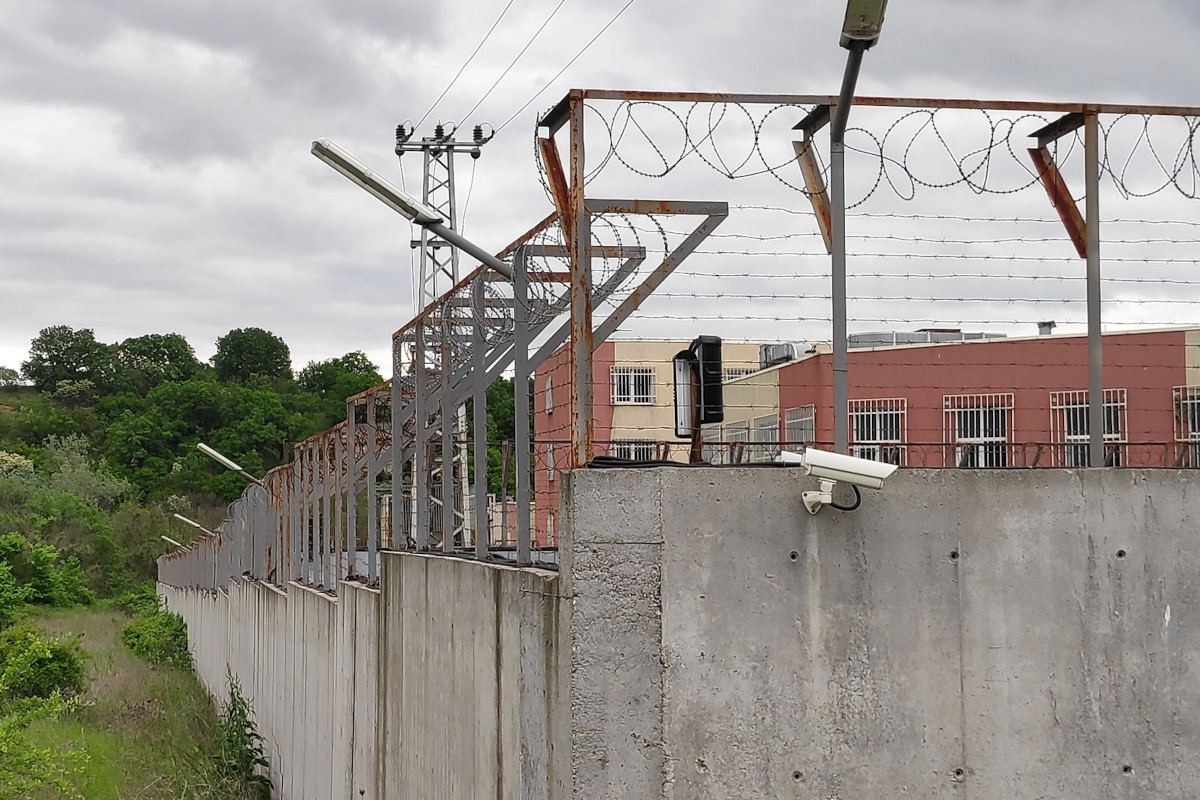
Pastrogor Transit Centre: designated location for accelerated procedures under the EU-funded Pilot Project, as seen in May 2023
According to the new rules, most people will be funneled into fast-track procedures which last a maximum of 12 weeks and take place in de facto detention at the external border.
The areas in which people will be held will not technically qualify as member state territory, due to the newly introduced “legal fiction of non-entry.” If people are rejected during the accelerated procedure, they will enter a return border procedure – also fast-tracked.
Other EU countries have been using accelerated procedures for years. Since November 2020, rejected asylum applications in Cyprus come with a deportation order. Individuals accused of threatening “public order” are put into indefinite detention. Many are forced to sign up for voluntary returns to be released.
As part of the Pilot Project, the European Commission recommended that Bulgaria amend its national law to allow for rejection and return decisions to be issued simultaneously. In February 2024, Bulgaria did just that.
Under the Pact, people detained at external borders will be similarly advised – or pressured – to enrol in voluntary return schemes.
Expanding role for Frontex
Frontex’s involvement in voluntary returns will come with an expansion of its size and functions. Return counsellors will be deployed to centres at the EU’s external borders where pre-screening and accelerated border procedures are carried out. Commission President Ursula von der Leyen told the European Parliament in July that Frontex could triple its Standing Corps to 30,000 during her new mandate.
Frontex’s Management Board, on the other hand, has asked the agency to train more states on return counselling. The goal is now to train 160 individuals in return counselling in five different member states in 2024, up from 75 staff in five states in 2023.
This newfound interest in return counselling is anything but altruistic: as part of the Pact, states can count their financial and operational contribution to counselling activities as “solidarity” measures.
Rather than relocating new arrivals across the bloc to increase the sharing of responsibility, states can instead choose to finance voluntary returns and return counselling.
"Anti-solidarity"
Reinhard Schweitzer, the research professor, noted the “insidious” way this solidarity mechanism could be abused.
“I think it would be a very comfortable thing for the [current] Austrian government to say: ‘instead of taking in people, we send our counsellors there to help deport people’,” he told Statewatch.
“I'm surprised that it's really called a solidarity mechanism, because it's a twist of what solidarity is supposed to mean. It's anti-solidarity,” he concluded.
Frontex did not respond to a request for comment from Statewatch.
A spokesperson for the European Commission said: “Efficient border management must be firmly rooted in the respect of fundamental rights, including human dignity and the principle of non-refoulement.”
“Bulgarian authorities, as all EU Member States, must fully respect obligations under the asylum and international law, including ensuring access to the asylum procedure. It is the responsibility of Member States to investigate any allegations of wrongdoing,” they added.
Our work is only possible with your support.
Become a Friend of Statewatch from as little as £1/€1 per month.
Further reading
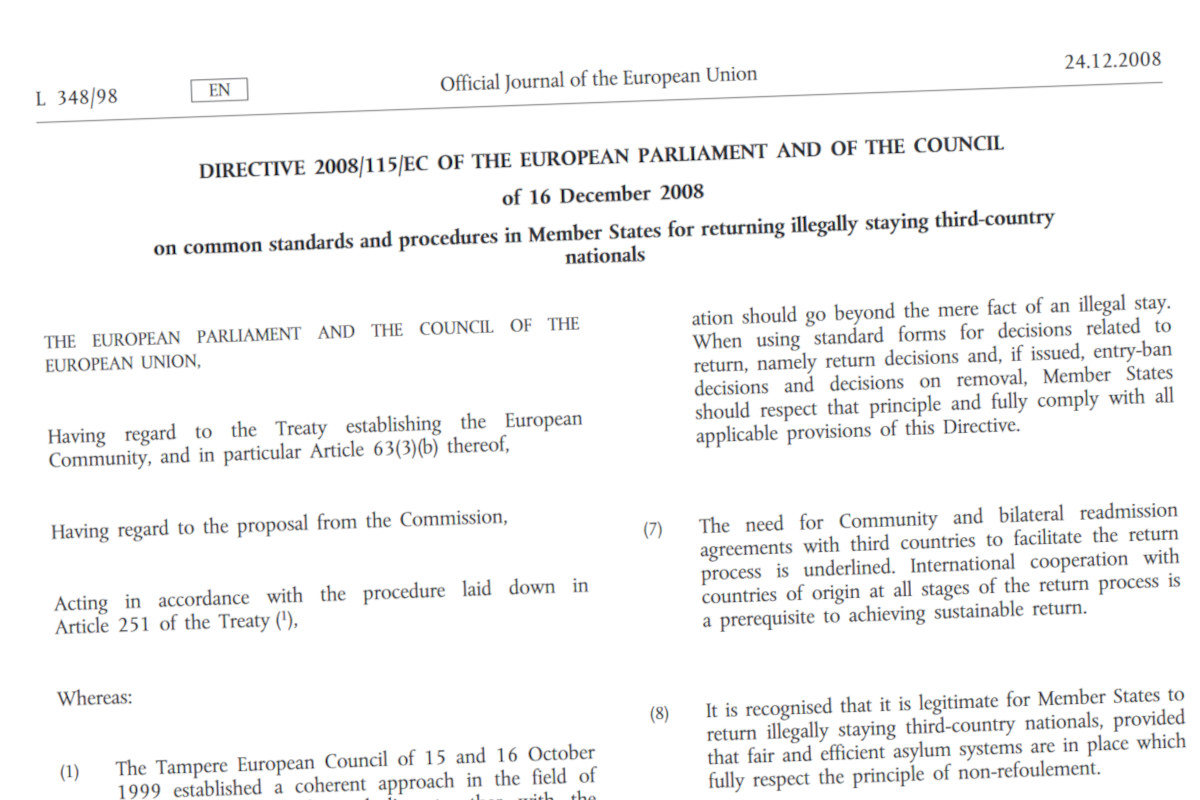
Deportations: when “assertiveness” and “effectiveness” entail violence and abuse
Increasing the number of deportations from the EU is a longstanding policy goal. In 2025 a new deportation law will likely be proposed, replacing the 2008 Returns Directive. Documents published alongside this bulletin offer some insights into what may be included in that proposal. The implications for individuals facing deportation are likely to be damaging: fewer legal safeguards, more obligations and increased coercion, and new ways to remove people to countries deemed unsafe.

EU: Hungarian Council presidency takes aim at refugees and asylum-seekers
In a move that is unlikely to surprise anyone, the Hungarian Council Presidency has kicked off discussions on reviewing the status of international protection beneficiaries, and how member states deal with individuals whose asylum applications have been refused, but who cannot be deported.

Frontex collaboration with Libya: “we call them and try to persuade them to take them back”
The EU Border and Coast Guard Agency, Frontex, has been accused of aiding the return of migrants who have fled Libya back to the country, and to possible torture and blackmail. Border guards who have worked for Frontex, speaking to journalists from the Swedish television programme Mission Investigate, by Sveriges Television (SVT), revealed just how close contact with groups in the country is. Meanwhile, a rescue mission in the Mediterranean being documented by Mission Investigate was fired upon by the so-called Libyan coast guard.
Spotted an error? If you've spotted a problem with this page, just click once to let us know.
